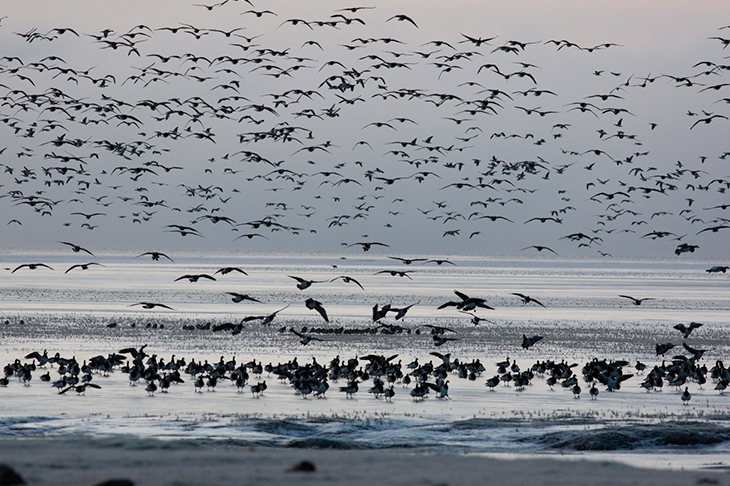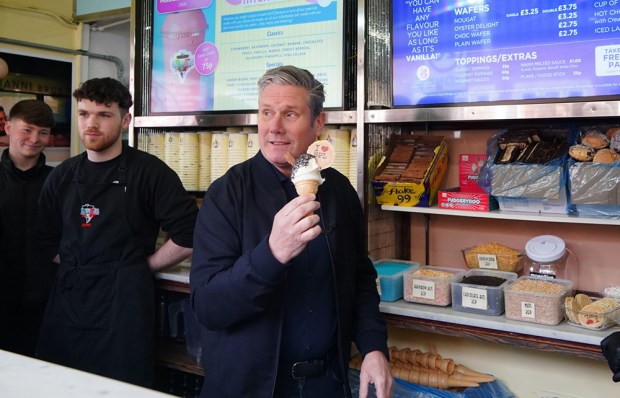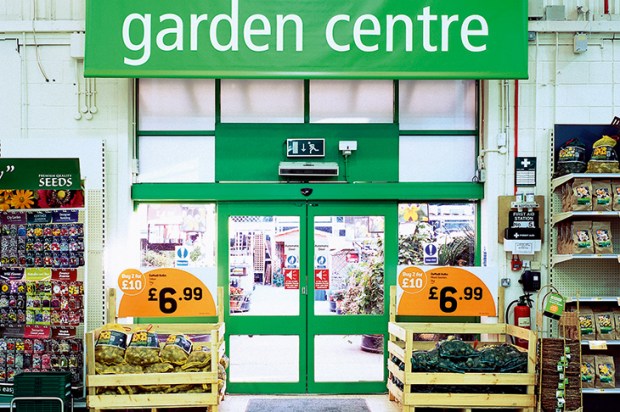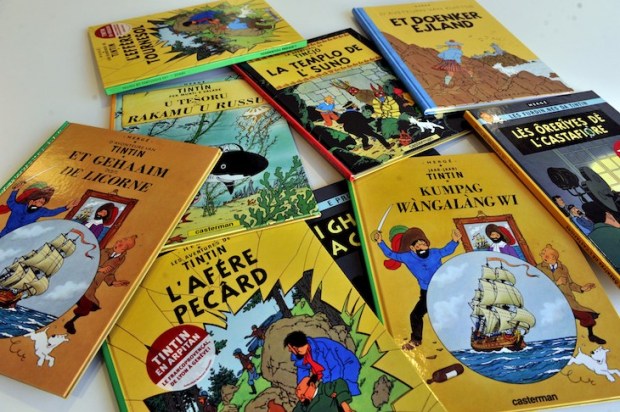I first visited Orford in 1970, at peak Cold War when this stretch of the East Anglian coast was one of the most dangerous places to be, so that for three months of each winter living in Aldeburgh, I was perfectly positioned for maximum danger between Orford Ness with its secret atomic weapon testing, and Sizewell’s nuclear power station. I was too busy writing books to worry but Orford, bristling with military security and terrifying ‘Keep out’ notices, gave me nightmares. Now it is quiet save for some magnificent gales and rain battering the windows of this house overlooking the water. I am in mid-book as usual, and Orford Ness is an innocent nature reserve, with some access, though one area is still worryingly out of bounds. I look over to the blackened remains of military buildings, and in spite of bird calls and the gentle turn of the tide, find it a disturbing place, and very ghostly.
During lockdown we knew where we were, now we have one foot in, one out, which is discombobulating. Air pollution in London is almost as high now as it was last winter, though how that can be when the place is half-deserted I don’t understand. I could never live there again but I miss the lunches with friends, occasional nights in my favourite hotel, and the sight of Ely Cathedral from the train window, travelling to and fro. Nobody is completely happy, nothing is normal, everything is a worry. Yet I certainly did not feel like this in the months of full lockdown — I loved it, I felt calm and peaceful. Why? Because we did know exactly where we were, or were happy to obey clear orders, but now the orders have become confused and even contradictory. Life is a blur and a muddle; then it had defined boundaries. Everybody blames somebody, many believe we are grown-ups and should be treated as such, trusted to keep ourselves and others safe. Hm. A friend assists at recently resumed charity lunches. All rules are adhered to until the helpers sit down with their own lunches, cosied up close at one table without thought of social distancing in an extraordinary example of collective — well, amnesia, surely, as these are responsible, law-abiding folk. But to be trusted?
It is 15 years since I troubled my health insurance company, so when a routine eye test revealed a second cataract, I booked a private consultant appointment pronto, and was seen even faster. My attitude to paying for some medical procedures is that I also fork out for NHS care but by removing myself from their queues leave a place for someone else. I expect someone will explain to me why that is a false argument but never mind. I saw the ophthalmic surgeon who confirmed that my dense cataract needs urgent attention. Unfortunately, since the Covid outbreak, private hospitals have been requisitioned by the NHS so I am between a rock and a hard place, queueing for who knows how long privately, or till the end of time on the NHS. ‘Meanwhile, I could go blind,’ I said, joking. ‘Very possibly,’ the surgeon replied. Not joking.
East Anglia is the place for birds. We wave the swallows goodbye, a pause, then the first skeins of geese come in rawking and cackling overhead, going between their inland feeding grounds and the marshes. Everything is flocking now, thousands of starlings doing their astonishing rising, swirling, falling, murmuration thing, dense black clouds in the evening sky, lapwings mass in ploughed fields and near Snape yesterday, we saw a great pack of snipe. We go to the mud flats at low tide, haunting, beautiful and empty, watch redshanks, oystercatchers, egrets and spoonbills pootle about stiff-legged, long beaks pecking sharply in and out the mud, for food. Skies are huge, cloud banks, shape-shifters, rearrange themselves constantly, silver grey, graphite, battleship, swan-white, and the sun goes down in all its garish glory, the moon rides slowly up the sky over the marshes. An owl cries. We head home.
Several independent booksellers I know enjoyed a lockdown boom, though it was hard work because they delivered their customer orders personally, over some wide areas. Safely back in their shops, they report that now everybody wants ‘happy books’, so here are some of mine, not new but all available. Gerald Durrell’s My Family and Other Animals; Dodie Smith, I Capture the Castle; E.M. Delafield, Diary of a Provincial Lady; Anita Brookner, Hotel du Lac; and of course, Nancy Mitford’s The Pursuit of Love which, in spite of some sad moments, never ever fails to lift the heart. There’s quite a lot of happiness about actually, if you know where to look.
Got something to add? Join the discussion and comment below.
Get 10 issues for just $10
Subscribe to The Spectator Australia today for the next 10 magazine issues, plus full online access, for just $10.
You might disagree with half of it, but you’ll enjoy reading all of it. Try your first month for free, then just $2 a week for the remainder of your first year.















Comments
Don't miss out
Join the conversation with other Spectator Australia readers. Subscribe to leave a comment.
SUBSCRIBEAlready a subscriber? Log in